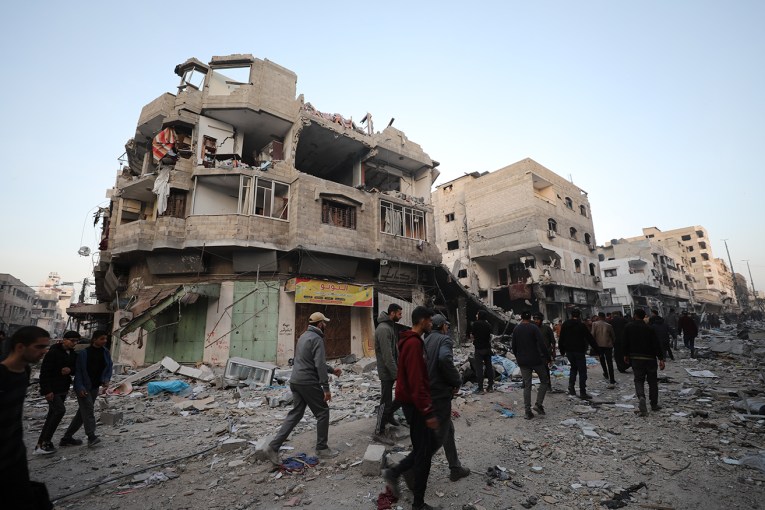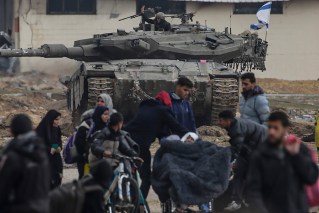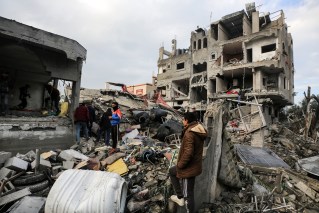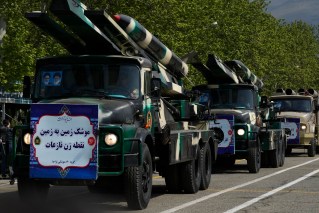Zoe Daniel: Afghans risked all to help Australia, now their fate is in our hands

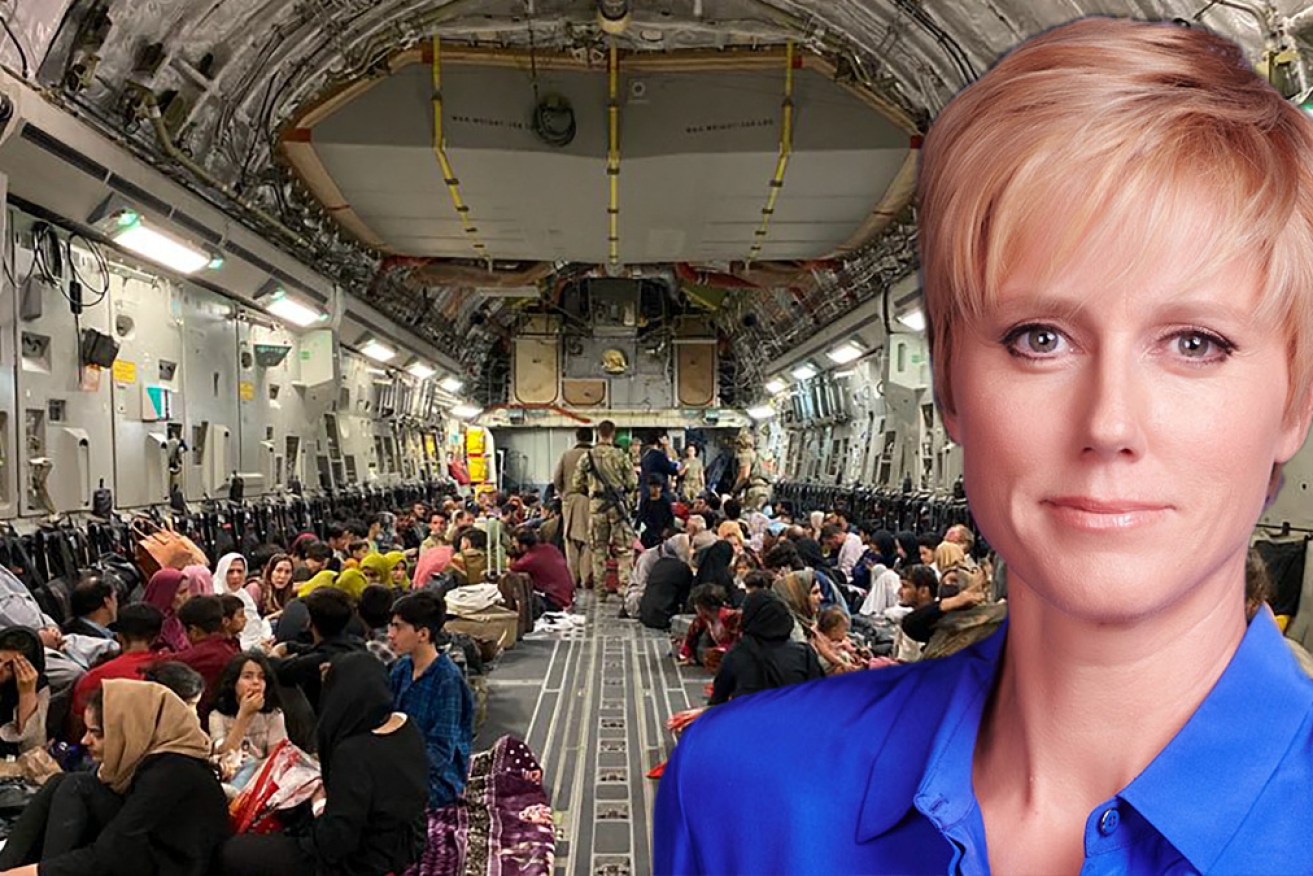
Afghans put their lives on the line to help Australian forces and media, now they need our help, writes Zoe Daniel. Photo: Getty/TND
Afghans who worked for Australia in Afghanistan took huge risks. Now their fate rests on what risks Australia is prepared to take in return.
As frantic images emerge from Kabul, it’s horrifying for those who have worked there with Afghan colleagues and friends.
Journalists who work internationally rely heavily on local ‘fixers’ to do their work.
Fixers, are, in effect, producers, researchers, talent and location scouts, political and cultural experts, general trouble-shooters, negotiators and translators, among other things.
As many a reporter will say, a good foreign correspondent is only as good as their fixer.
A good fixer will secure the exclusive interview that you get to put your name on and will get you to the centre of the unfolding event; be it conflict, upheaval, or tragedy, to bear witness to history.
A good fixer will help explain the nuance, context, and background to a situation.
They will help keep you safe, eyes open to everything from the risk of being robbed by petty criminals, to being attacked and kidnapped by local militias, arrested by the local secret police or worse.
Fixers risk their lives to inform the world
Fixers put themselves at enormous risk to do the work that they do.
I recall an exclusive interview with Myanmar democracy leader Aung San Suu Kyi in her home in Yangon in 2011. It took months of negotiation to get her to agree, and it was the fixer who planned our entry and exit from the residence to avoid arrest by the authorities.
But, while myself and the cameraman sweated through a high anxiety experience, the likely consequences for us, if we were caught, would have been much less earth shattering than for the fixer. While it’s likely we would have lost our recording and been deported, the fixer may well have been jailed for life.
Once, while working in Vietnam, where the government is notorious for “disappearing” people who expose inconvenient truths, we were tailed by the secret police after visiting the family of a human rights lawyer who had been jailed for representing democracy activists.
Zooming through Hanoi in a cab, we dropped our young fixer off on the side of the road (at her request) where she slipped into an alley and evaporated to avoid certain arrest.
As reporters, we justify this use of local people to help us do our work on the basis that the stories need to be told and the job needs to be done.
Fixers are inevitably incredibly brave. And a few hundred US dollars a day is a small fortune in a place like Vietnam, or Afghanistan.
But of course, most fixers don’t really do it for the money. It helps justify the interaction for the foreigners they work with, that they’re doing it for the sake of their nation, to get their story out into the world. And mostly they are.
Will we step up to help our Afghan allies?
In Afghanistan, major news organisations have been staffed for years by Afghans who have guided Western journalists through a complex conflict. And these staff have been among those at Kabul airport this week desperately trying to escape before they’re killed for their critical work.
In one case, a New York Times reporter, who is also a former US Marine, was evacuated but reportedly flew back into Kabul via military aircraft and based himself inside the US held portion of the airport to help co-ordinate the exit of the Times’ Afghan staff and others in a joint-effort between three publications.
Like soldiers and diplomats, the journos usually go ‘home’ eventually, but the local fixers stay, and the risks settle like a weight.
Soldiers and diplomats are not journalists, but there are synergies, especially in the way that we work with people in difficult environments to do our jobs. They become our colleagues and our friends.
Plainly, working for the Australian or US government in a war zone like Afghanistan involves particularly high risks. It’s a direct alignment with a foreign power that will be punished without quarter by the victors, in this case, the Taliban.
And unfortunately, both the Australian and US governments have form on this, with asylum applications from former interpreters and security staff over the years constantly caught up in refusals, delays and red tape despite huge physical risk to the waiting applicants and their families.
Now, amid the mess that is Afghanistan after a much faster than predicted takeover by the Taliban, the concern is that local staff will be in the first instance, a lower priority than foreign nationals, and in the end, abandoned amid the collapse of a nation that is making evacuation incredibly challenging.
Prime Minister Scott Morrison has already admitted that not all who have worked with Australia will be able to be evacuated.
No doubt those who worked for Australia, be it the embassy or the military, or those who worked for the foreign press, were aware of the risks.
But even with that, they made a choice to advance. They helped allied forces fight a war, they helped diplomats navigate it and they helped tell the stories behind it.
It’s risky, but now, they need help in return.
